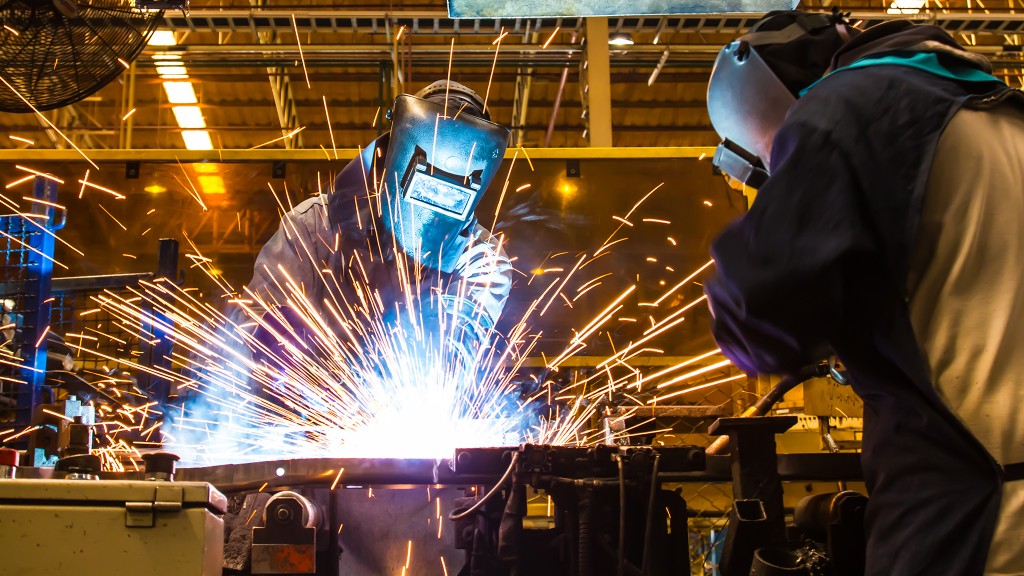Strong construction, energy sectors to buoy Canadian equipment manufacturing through 2024

The Canadian equipment manufacturing industry is expected to see a slight dip in output followed by a similar recovery in 2024, buoyed by active construction and energy sectors as well as infrastructure projects.
In its latest economic impact report for the Canadian industry, the Association of Equipment Manufacturers (AEM) shows that despite some contraction in employment, the equipment business has increased its output and provides a significant financial benefit to communities across Canada.
Data from the report, prepared by S&P Global's Market Intelligence Team for AEM, showed that over the past three years, Canada's equipment manufacturing industry has shown a modest contraction in employment, but total output has expanded by 2.6 percent, from $38 billion to $41 billion, in the same timeframe.
From 2019 to 2022, direct employment contracted by 2.1 percent, or nearly 1,500 jobs.
Looking forward, AEM predicts that 2023 will bring a slight recession that will then be followed by a recovery in 2024. Real output is expected to drop 1 percent this year and rebound by 1 percent next year. Energy and construction will be the key drivers of strength, as the energy market is active now and there are large backorders in construction that are largely related to energy projects. Infrastructure projects will help both segments.
Agriculture and material handling are likely to see weaker performance due to reduced consumer spending on goods and a weaker housing market. Higher interest rates will also pressure investment in equipment.
The off-highway equipment and ancillary products industry supports 152,000 total employees across the country, with 66,000 of those jobs directly with companies that are producing off-highway equipment. That totals up to 4.2 percent of Canada's total manufacturing employment in 2022, the report states.
"Both federally and provincially, we are seeing strong support from governments to expand critical mineral mining in a big way, which should see benefits for mining equipment and overall job growth. The 152,000 jobs that our industry already supports would fill the Bell Centre in Montreal seven times over and we hope to see more pro-manufacturing policies put in place to ensure the success of our industry for generations to come," said AEM President Megan Tanel.
Off-highway equipment manufacturing generated $17.6 billion in economic value for Canada, just under 1 percent of 2022's total nominal gross domestic product (GDP). The 152,000 employees supported by the industry generate around $11.5 billion in labour income. Direct industry employees have an average annual wage of $75,500.
Most of those jobs are concentrated in Ontario, where 26,000 employees are involved in the off-highway equipment manufacturing sector. Quebec is second, with 15,600 jobs, and Alberta is third at 10,000. The other 22 percent of direct jobs are spread across the remainder of the country.
"At Linamar, we supply both the agricultural industry with our MacDon and Salford businesses and the construction industry with our Skyjack business at thriving operations in Canada. We see these areas as key growth markets for us and rely on our excellent teams in Canada to produce high-quality technically superior products extremely efficiently," said Linda Hasenfratz, CEO of Linamar Corporation and 2023 AEM Board Treasurer. "We believe the coming decade will see strong growth in manufacturing in these sectors in Canada, thanks to our strong and welcoming immigration policy, excellent government support, and clean energy grids."



